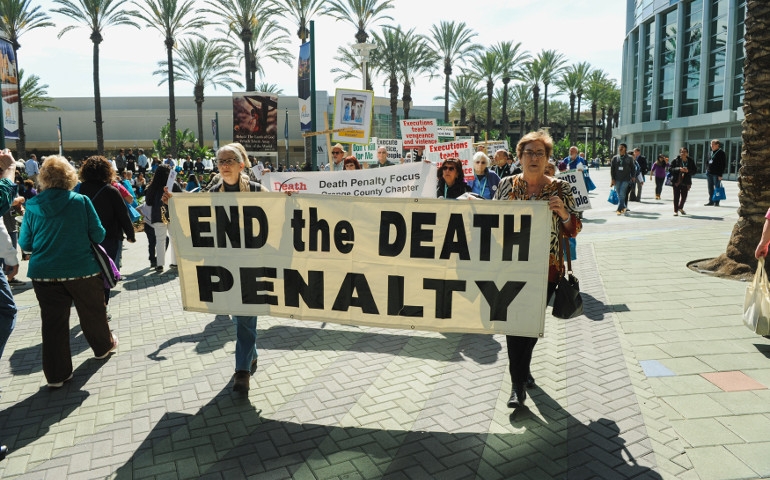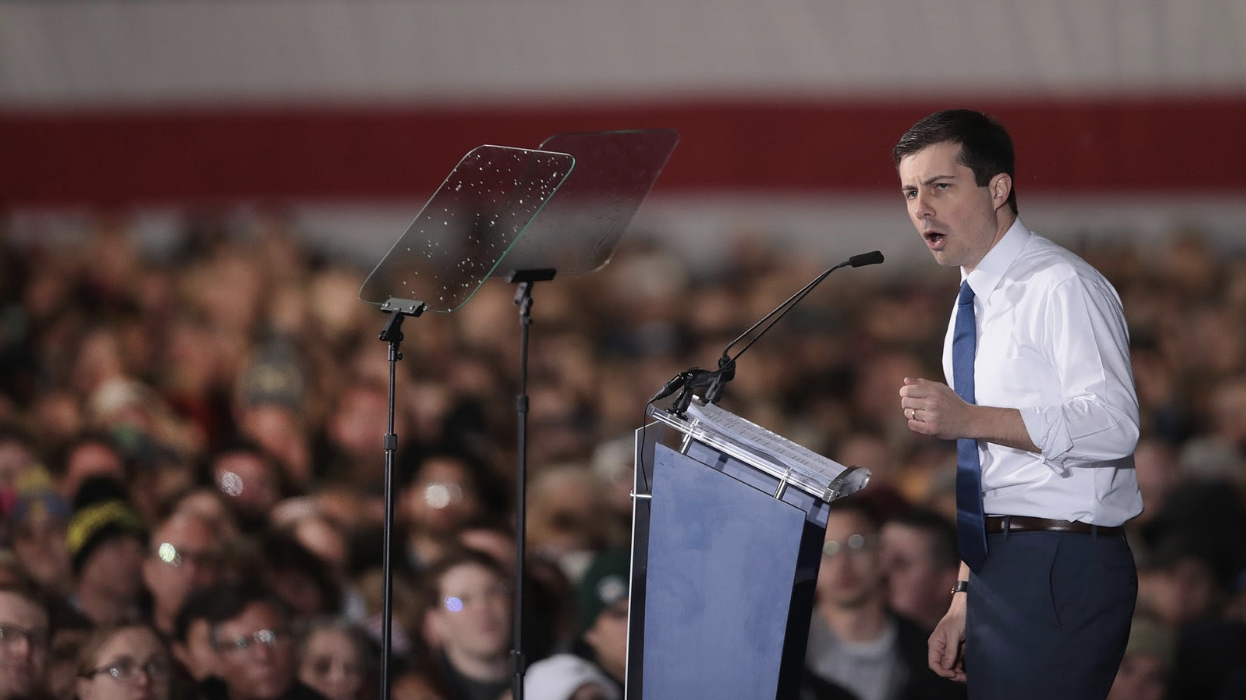
VATSAL BAJAJ – NOVEMBER 15TH, 2017
What is the true value of life? Such philosophical queries cannot be easily answered, as life is an intangible good. However, this is the question that must be answered to understand a different question: whether capital punishment is ever justified. The death penalty gives the judicial system the power to decide whether someone should live or die. Proponents of capital punishments cite mass murderers such as Adolf Hitler and Benito Mussolini as justification. They employ emotive arguments to promote the death penalty as punishment for the most heinous crimes. On the other hand, critics of capital punishment emphasize the flaws within the judicial system and its propensity to hand down false convictions. More striking, though, is the philosophical argument about life and its priceless nature. This straightforward argument goes as follows: no one should have the right to determine whether someone should live or die because giving that authority to anyone will have morally disastrous consequences.
When this power is given to a legal body, such as the US judicial system, there can be no margin of error. If the judiciary errs and even if a single innocent person is sent to death row, the entire judicial system will be at fault for the loss of life, an act tantamount to murder. However, as Bryan Stevenson, a widely acclaimed public interest lawyer, said “The death penalty in America is defined by error.” According to studies, out of every ten people who have been put on death row in America, one person has been set free. This is an error rate of ten percent. Studies from the University of Michigan show that 4% of the people currently on the US death row are probably innocent. Such astonishing error rates make us wonder why the death penalty still exists. Innocent people mostly end up on death row when they cannot afford skilled legal representation. Consequently, the phrase, “capital punishment means those without the capital get the punishment” embodies one of the opposition’s central arguments.
It has been extensively argued that the death penalty not only violates the right to life but also violates the Eighth Amendment, prohibiting excessive bail, excessive fines, or cruel and unusual punishment, and the Fourteenth Amendment, one of the reconstruction amendments which prohibits states from enforcing any kind of discriminatory laws, of the United States Constitution. In the famous case of McCleskey vs. Kemp, it was argued that the death penalty is a violation of the Eight Amendment, as it is a ‘cruel and unusual form of punishment’. An empirical study which was published in the journal of criminal law and criminology found that capital punishment violates the Fourteenth Amendment as the death penalty has had a racially disproportionate impact in the state of Georgia. This study by the Northwestern University School of Law showed a racial bias under the US judicial system pertaining to the death penalty. This study was also used in a famous case called Gregg v. Georgia where the defendant illustrated that the death penalty had been discriminatory and should, therefore, be illegal. Even though the judge agreed to the validity of the study and this argument, it was tragically concluded that this wasn’t sufficient to pardon Gregg.
It is important to understand, however, the implication of such a racially biased system. Bryan Stevenson famously asked, “What would it feel like to be living in a world where the nation state of Germany was executing people especially if they were disproportionately Jewish?” He went on to explain how the US, and especially the states of the old South, are doing exactly this. The disproportionate impact of the death penalty on blacks is shocking and unconscionable. One reason for this racially disproportionate impact is that majority of blacks cannot afford legal representation, as the racial wealth gap is still significant according to an Economic Policy Institute study. Not only is the death penalty racially biased, but it seems as if one is less likely to be punished if they are rich and guilty rather than poor and innocent. This is in accordance with the central argument that those “without capital get the punishment” and strengthens the case of critics of the death penalty.
Moreover, the privatization of prisons has made justice a secondary motive to profit, which only strengthens this central argument. Such injustice in the system can be morally catastrophic for the United States. The economic argument for privatizing prisons is that operating prisons is extremely costly for the government. Indeed, state-controlled prisons take away from the government’s budget. The argument, therefore, is one between the economic and moral consequences. While private prisons are less costly for the taxpayer, privatization has shown to have harmful social effects as there is no incentive for true justice. Privately owned companies focus more on making profits rather than actually rehabilitating prisoners, as this goes against their financial interests. In 2005, an annual report from the Corrections Cooperation of America (CCA) explicitly stated that private companies would be hurt by more lenient drug laws and that business would be hurt if less people are incarcerated. Such socially and morally harmful impacts definitely outweigh the economic ones.
Famous philosophers like Beccaria have emphasized the socially harmful impact of capital punishment. Beccaria argues that the death penalty has harmful effects on societies by reducing people’s sensitivity to human suffering. He also argued against one of the central points that have been raised by the supporters of the death penalty. The proponents of the death penalty argue that harsh punishments would deter people from committing crimes which would reduce crime rates in the country. Beccaria, however, argues that life imprisonment would have more of a lasting impact on the minds of spectators, and a greater impact on reducing crime rates in the country.
Exploring the economics behind death penalty leads to another aspect about capital punishment – the associated economic costs. In addition to the moral and social costs, death penalty cases incur tremendous legal costs compared to non-death penalty cases. Amnesty International studies have shown that the current system in California costs 137 million dollars a year; the estimated cost is 11.5 million dollars for a system without the death penalty. It has been extensively argued that the dollars that would be saved should be used on crime prevention methods such as mental health treatment, education and rehabilitation.
Capital punishment should be banned, as its existence leads to a morally disastrous outcome. Not only are innocent people sent to death row but the execution of the death penalty itself is sometimes conducted in an inhumane manner. The objective of punishing someone should be to show them the right path. Such a system of punishment will not risk the destabilization of society and will make the judiciary system more equitable. Through moral, social and economic examination, it can be shown that capital punishment is not an ideal system, and our government resources would be better placed elsewhere. Sending someone to death row is a crime in itself, and it is illogical to answer a crime with a crime. After all, “two wrongs do not make a right.”



